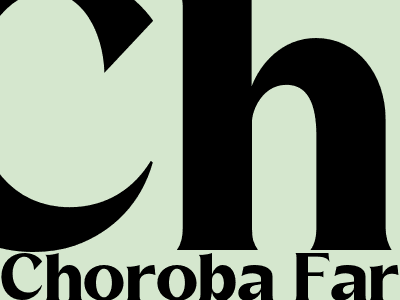
Choroba Farerska: A Rare, Inherited Genetic Disorder
What is Choroba Farerska?
Choroba Farerska is a rare, inherited genetic disorder that primarily affects the Faroe Islands, an archipelago located between Iceland and Norway. It is also known as Faroese spastic paraplegia, a progressive neuromuscular condition characterized by weakness and stiffness in the lower extremities.Symptoms and Diagnosis
Symptoms of Choroba Farerska typically appear in early adulthood, ranging from mild weakness in the legs to severe disability. Progressive muscle weakness and stiffness gradually worsen over time, leading to difficulties with walking, balance, and fine motor skills. In some cases, cognitive impairment or psychiatric symptoms may also occur.
Diagnosis of Choroba Farerska involves a comprehensive medical evaluation, including a physical examination, family history analysis, and genetic testing. A definitive diagnosis can be made through genetic testing, which identifies mutations in the C9orf72 gene, responsible for the condition.
Causes and Inheritance
Choroba Farerska is caused by mutations in the C9orf72 gene, located on chromosome 9. These mutations result in abnormal expansions of a specific DNA sequence within the gene, leading to the production of toxic proteins that damage nerve cells in the brain and spinal cord.
Choroba Farerska follows an autosomal dominant inheritance pattern, meaning that only one copy of the mutated gene is necessary to develop the condition. Approximately half of the affected individuals inherit the mutation from a parent who has the disorder, while the other half have a new mutation.
Treatment and Management
There is currently no cure for Choroba Farerska, and treatment focuses on managing symptoms and improving quality of life. Physical therapy, occupational therapy, and assistive devices can help maintain mobility and function. Medications may be prescribed to alleviate muscle spasms and stiffness.
Genetic counseling is recommended for individuals with Choroba Farerska and their families to provide information about the condition, inheritance patterns, and reproductive options. Regular monitoring and support are crucial to ensure optimal care and well-being throughout the individual's lifetime.
Research and Outlook
Research is ongoing to better understand the genetic mechanisms and disease progression in Choroba Farerska. Scientists are investigating potential gene therapies and treatments that target the underlying molecular pathways involved in the disorder.
While there is no cure currently available, advancements in research and genetic medicine offer hope for developing effective interventions and improving the outlook for individuals with Choroba Farerska.